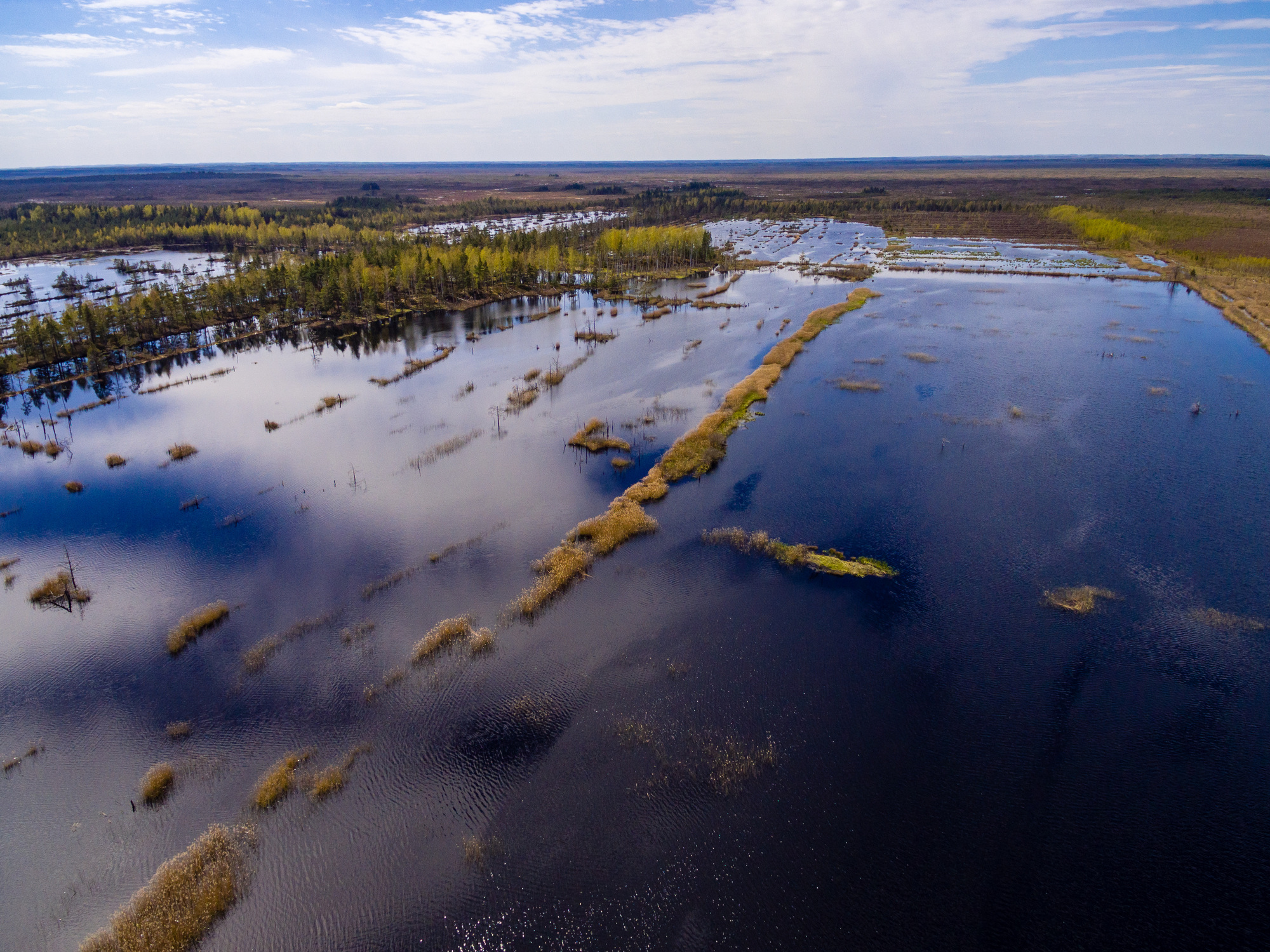TRUSTEE: TrainingS on remote sensing for ecosystem modelling
With global goals like food security, combatting climate change, … it’s clear the challenges will become even bigger the upcoming years. No need to explain it’s important to step up our game and invest in our future generations of scientist to become an expert in these complementary disciplines.

The Marie Skłodowska Curie Innovative Training Network (MSCA ITN) ‘TRUSTEE’ is the network that capacitates the next generation of remote sensing scientists and ecosystem modellers to understand and deal with the increasing pressure of environmental change on ecosystem functioning and land-atmosphere interactions.
The network focusses on training scientists in employing the newest technologies and methods ranging from in situ measurements to measurements from drones (UAV), aircraft and satellites. TRUSTEE PhD students are offered Training Courses, Summer Schools and Thematic Workshops to enhance their scientific, management and communication skills.
Next up? Traits Mapping in Agriculture and Biodiversity!
VITO Remote Sensing is on one of the 16 European partners of the TRUSTEE network. A good balance of academic and non-academic partners in the network guarantees a transfer of knowledge between the two sectors. Some of the TRUSTEE partners act as a supervisor for one of the 11 PhD students while other partners act as temporary hosts to provide interdisciplinary innovative training in remote sensing and vegetation topics.
Next up is the TRUSTEE Summer School and Workshop with a focus on “Remote Sensing for Traits Mapping in Agriculture and Biodiversity”. The next 10 days we are welcoming 11 PhD students in Germany and Belgium. Together with the Forschungszentrum Jülich (DE) and the KU Leuven (BE) we will provide trainings and workshops on:
- field phenotyping
- the planning of a UAV and airborne survey with optical and thermal sensors
- UAV and airborne data processing
- unmixing remote sensing signals
- analysis for agriculture and biodiversity research
- …
At VITO, the students will get the opportunity to work with Terrascope (Copernicus Belgian Collaborative Ground Segment for Sentinel), the Mission Exploitation Platform (MEP) and MEP Notebooks to get a hands-on experience. The MEP, ‘bringing the user to the data’, provides tools as the GeoViewer, Time Series Viewer and access to a Virtual Machine. The MEP notebooks give you access to our data archive and processing resources allowing you to easily share your experiments and results with colleagues.
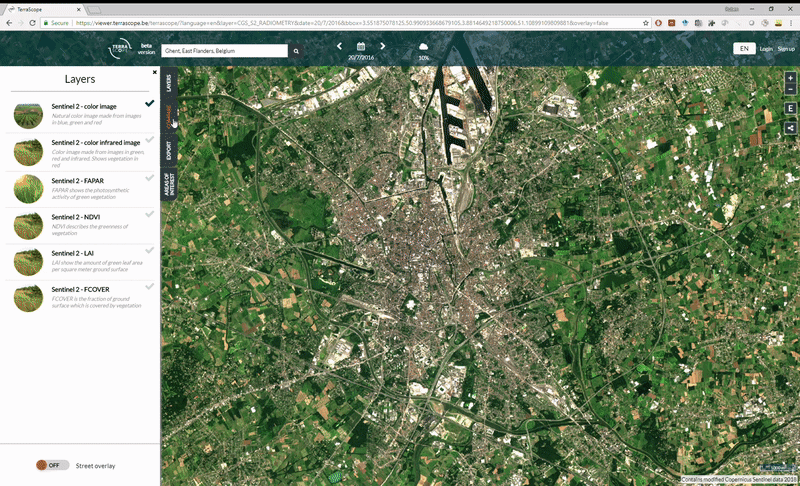
View of TerraViewer, Terrascope's online EO browser to search, compare and analyse satellite data
The students will be introduced to the use of airborne hyperspectral images and Sentinel-2 images for studying biodiversity and can perform their own vegetation classification using the combination of airborne hyperspectral and LiDAR data.
Getting into the field
Precision farming, through the optimal use of inputs, e.g., water, fertilizers, and pesticides, enables farmers a more effective and efficient use of their existing land to increase crop size and quality. As current agricultural management decisions require insight on within field variability, remote sensing in combination with field visits and field measurements are crucial.
So beside getting indoor training, the PhD students will have the opportunity to perform field measurements for crop field phenotyping at Campus Klein-Altendorf (Meckenheim, DE) to get hands-on experience in the field with various instruments.
In addition, two other field visits are planned, one at the Research Station for Fruit Production PcFuit (Sint-Truiden, BE) with experimental apple, pear and cherry orchards, as well as strawberry fields and one at the potato farm Van den Borne aardappelen (Reusel, the Netherlands) to make sure the developed technologies align with business user requirements and thus to create more impact.
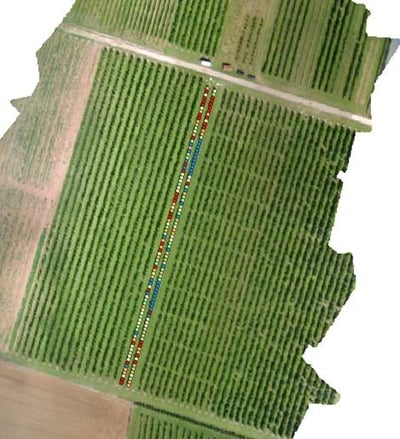
Health status of pear orchard (red = less vital)
There's more than remote sensing and ecosystem research
TRUSTEE emphasizes more than remote sensing and ecosystem modelling. As a researcher you not only have to be an expert in your domain, you also need to know how to communicate your scientific results to a scientific but also non-scientific audience. How else can you convince certain stakeholders of the added value of the developed technologies! To practice their science communication skills, the PhD students regularly present their PhD progress during the trainings.
The TRUSTEE project offers the opportunity to networking, collaborate, and sharing knowledge and experience with experienced experts, which is crucial to rapidly building up your skills.
Anton Evdokimov - TRUSTEE PhD student at the University of Milano-Bicocca
Or writing a successful proposal. To help the TRUSTEE PhD students to continue their research in science after their PhD, TRUSTEE provides training in writing successful H2020/MSCA proposals with focus on Marie Skłodowska Curie Individual and Global Fellowship proposals.
Women in science
Another important aspect of the TRUSTEE network is gender equality. The European Commission is committed to promoting gender equality in Research & Innovation. Some progress has been made but gender inequalities persist. To raise the awareness of the importance of gender equality in Research & Innovation we also organize a Women in Science/Space session for the TRUSTEE PhD students on 6 May.
Roberta Pattono, EC, DG Research and Innovation-Gender Section will present the main findings of the She Figures 2018 report Quantitative Evidence of Gender Equality in Research & Innovation in the EU and EU Support to Gender Equality in Research & Innovation (Horizon 2020).
As role models are crucial, Hilke Oetjen, atmospheric scientists at ESA-ESTEC, will provide a personal testimonial covering her interests, education, career path, current job at ESA, … to inspire the TRUSTEE PhD students to continue their research in science/space after their PhD.
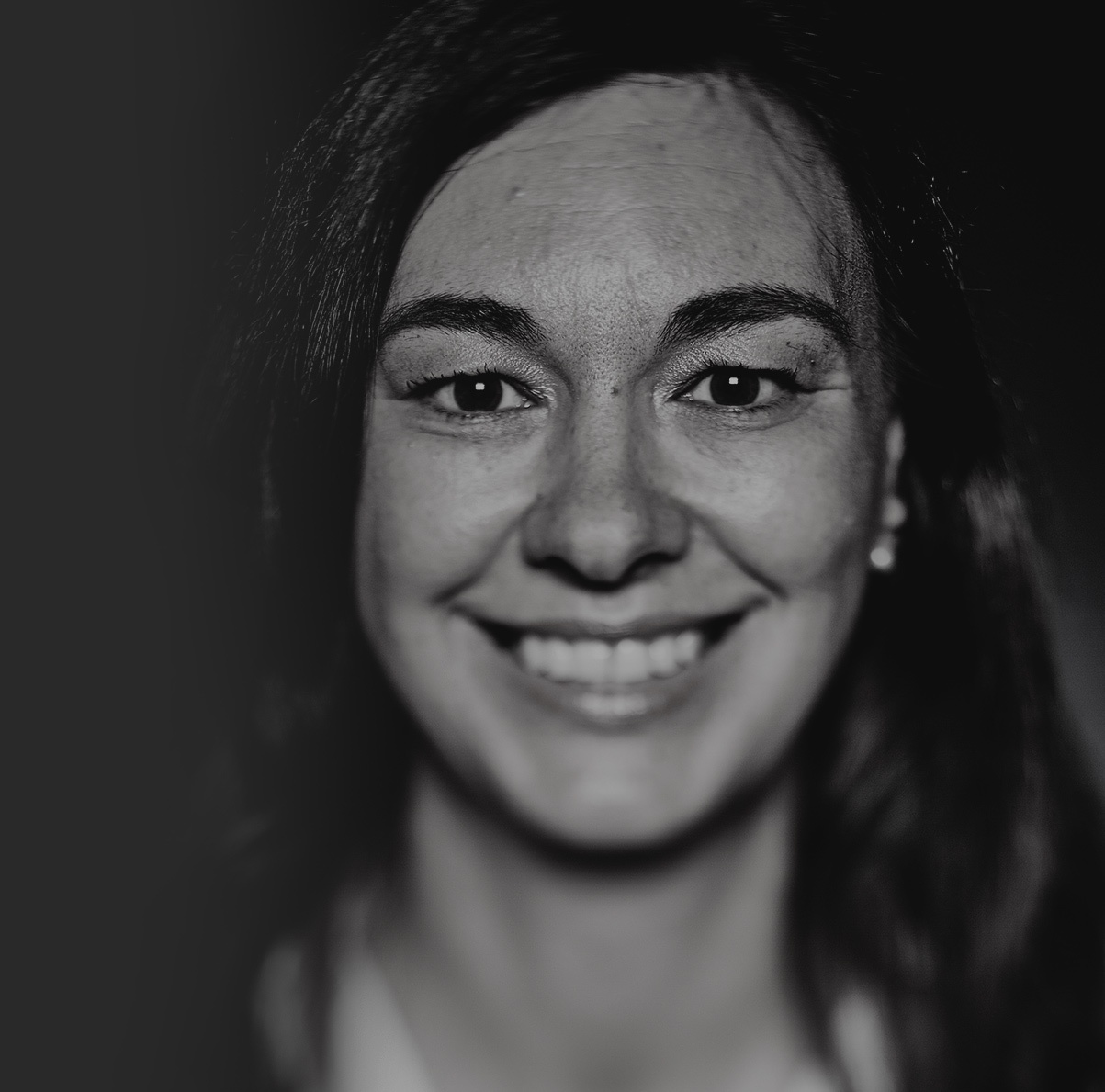

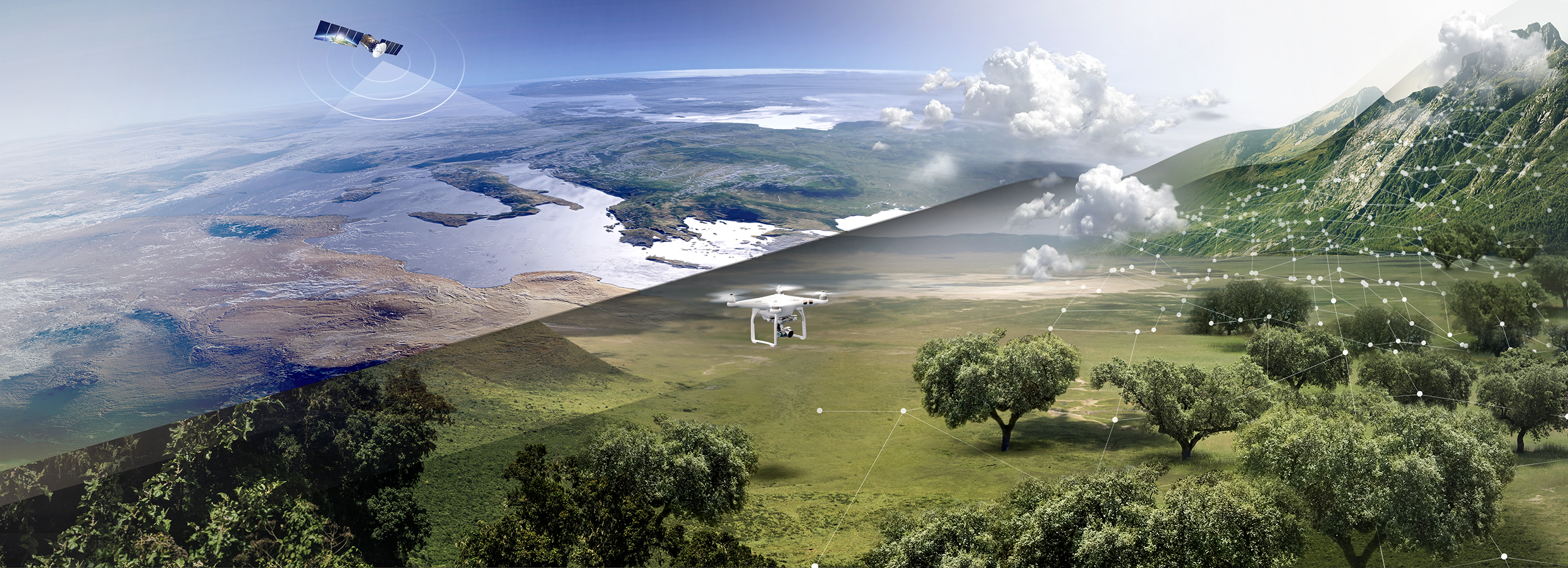
/Blog_WorldCereal_1200x650.png)
/Land%20use%20model%20+%20green%20city.png)
